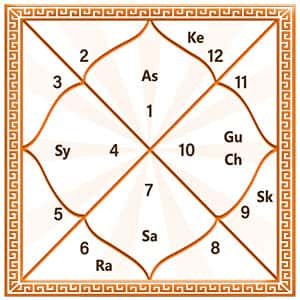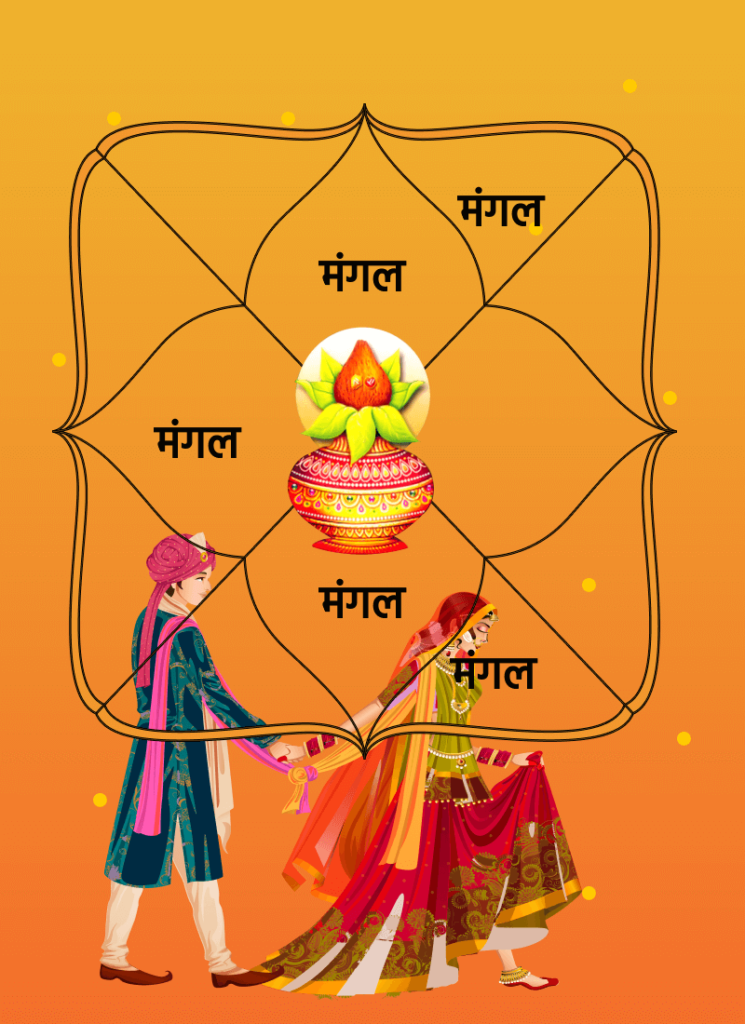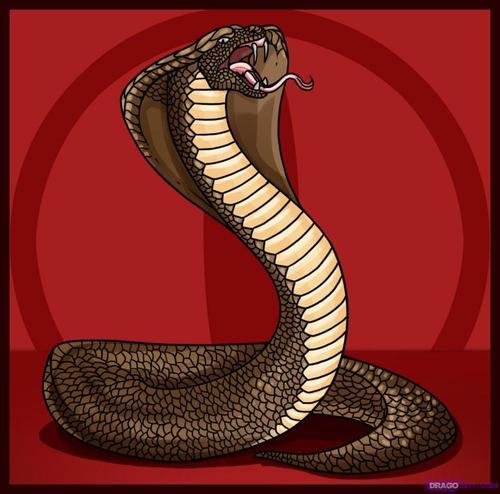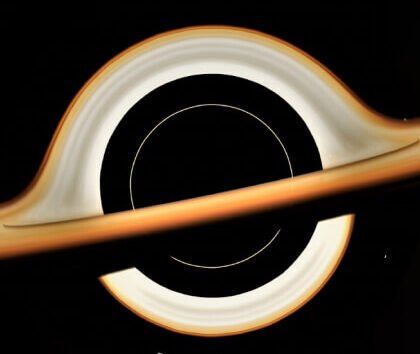Our Services

Kundali Reading or horoscope analysis, is an ancient astrological practice that interprets a person’s natal chart to understand their personality, life events, and future. A kundali is created using the individual’s birth date, time, and place, mapping the celestial positions of planets, zodiac signs, and houses.

Manglik Dosh
also called Kuja Dosha, occurs in Vedic astrology when Mars (Mangal) is positioned in the 1st, 2nd (sometimes), 4th, 7th, 8th, or 12th house of a natal chart. This placement is believed to affect marriage, causing delays, conflicts, or challenges in marital life While Manglik Dosh is significant in astrology, its effects depend on the overall chart, and remedies are available to mitigate its influence.

Kaal Sarp Dosh is an astrological condition in Vedic astrology that occurs when all the planets in an individual's natal chart are positioned between Rahu (the North Node) and Ketu (the South Node). This alignment is believed to create challenges and obstacles in various aspects of life, such as career, relationships, health, and mental peace There are 12 variations based on Rahu and Ketu's positions in the chart, such as Anant Kaal Sarp Dosh, Kulik Kaal Sarp Dosh, and Shankhpal Kaal Sarp Dosh, each associated with specific life challenges.

